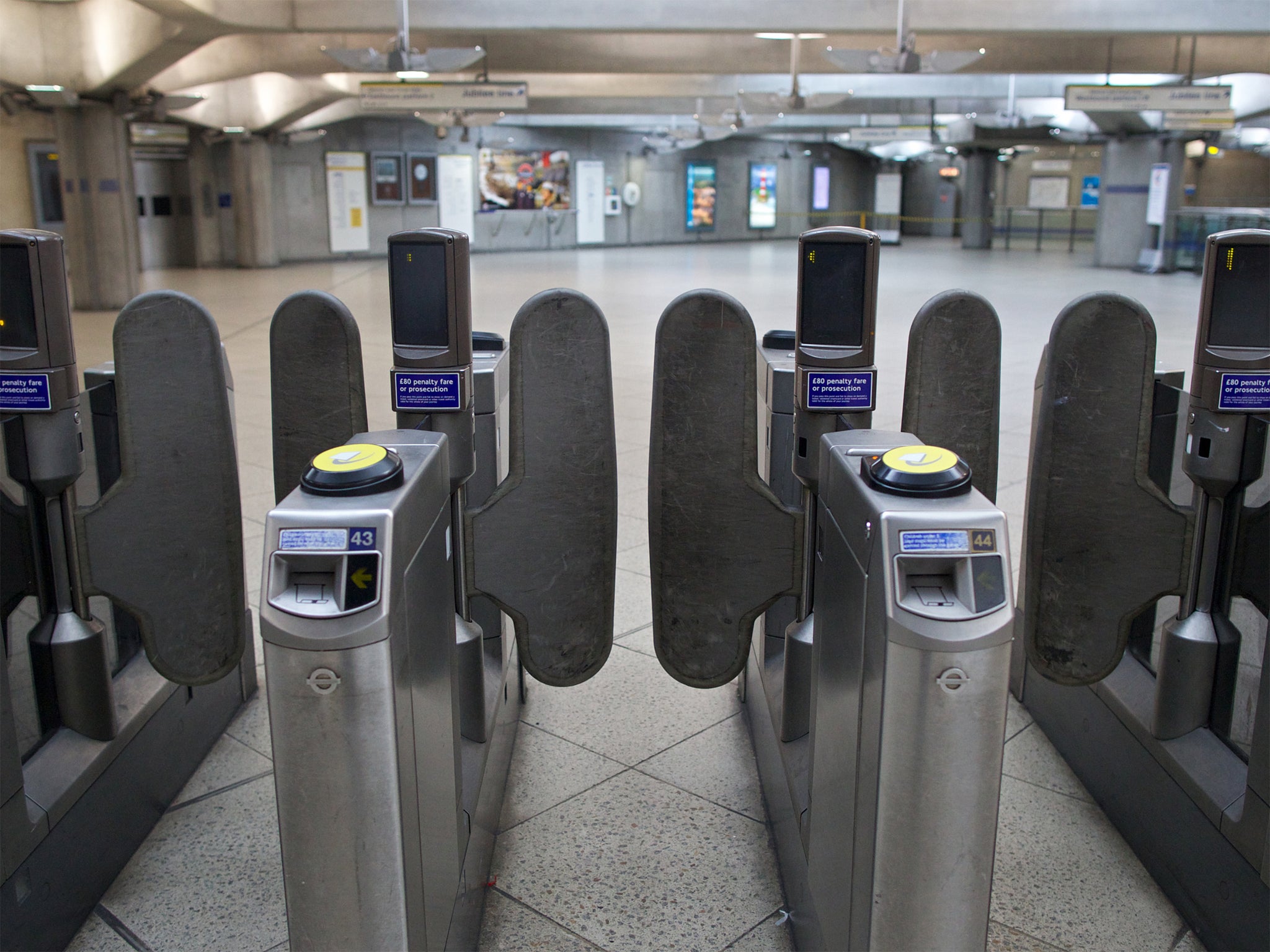The law caught up with the hedge fund fare dodger. Shame it can't seem to catch the banks...
From bonuses to High-Frequency Trading, attempts at regulation are scorned

We don’t know his name, but let’s try and delve inside the mind of the hedge fund executive who, over a period of five years, dodged close to £50,000 in train fares. Every morning he commuted into work from East Sussex. Every morning he failed to ‘tap in’. Perhaps in the first month of this fraudulent saga he felt a twinge of conscience, or even a shiver of adrenaline (TFL? Take a Flying Leap). But by the time a year was up, he’d probably forgotten he was breaking the rules at all. It must have become ‘the norm’; as much a part of daily routine as threading his wrist through a gold watch. And in this, our hedge fund executive – our SouthEastern line sinner – proves himself to be a model, perhaps even an archetype, for the worst of modern finance.
Why? Because, although most bankers wouldn’t dream of dodging a fare, parts of the City still operate to norms that seem unscrupulous to the rest of the working world – and have been doing so for the five years since the 2008 financial crisis. It seems you cannot stop a fat cat from landing on its feet. Take the familiar sore-point of bonuses: in 2013, the EU ruled to limit these to 100 per cent of a banker’s annual salary.
This, the parliament believed, would limit risk taking, and remove some of the sting from seeing organisations – many of them, like RBS, kept afloat by the taxpayer – bathing their executives in cash. In fact, HSBC, Barclays, Goldman Sachs and co have found a way around the gate – this year, top banks will give staff ‘allowances’ instead. With the EU’s cap fatally undermined, the European Banking Authority may investigate the legality of these pay-outs, which look, swim and quack an awful lot like bonuses.
It was, however, only to be expected that the banks would take the EU's hair shirt and turn it into another plush suit. If there’s one thing the people in Canary Wharf and EC1 know, it’s how to move money. We might even be proud that those in the UK are so very good at it – our economy relies on their success. But the moment one feels a touch of remorse for falling prey to ‘banker bashing’, another reason to take up the hammer emerges.
As detailed in Michael Lewis’ acclaimed new book Flash Boys, it’s not only flesh-and-blood City boys who sometimes operate to a different set of values – it’s the algorithms they’ve created, too. High-frequency Trading (HFT) allows firms to purchase access to stock exchange information before everyone else, then, thanks to the extraordinary latency of their IT systems, buy and sell stock before anyone else can react. This is highly remunerative, but provides not an ounce of social good.
Our OysterCard Outlaw paid back the money he owed Transport For London. He broke the law, and station staff caught him. But the problem presented by the colossal power and complexity of the banking sector as a whole is that, so often, the law struggles to catch up.
Yesterday, the EU was poised to crackdown on High-Frequency Trading. A Forbes article called their proposal ‘incredibly silly’. It may well be, but at the moment ordinary, pay-a-day commuters have every right to feel that it is the banks, and bankers, who are playing us for a fool.

Join our commenting forum
Join thought-provoking conversations, follow other Independent readers and see their replies